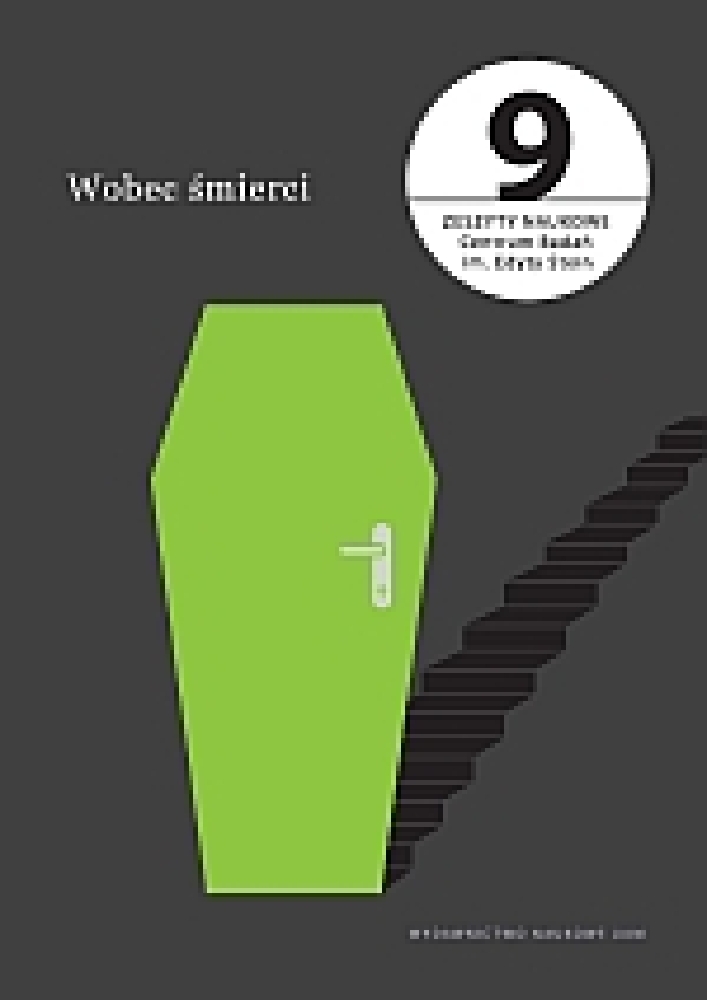Abstract
According to narrative theories (both in literary criticism and in philosophicalor psychological applications of the concept of narrative) the end of a story or lifestory, i.e. its closure, is an essential part of life which provides coherence and meaning toit as a whole. Since human life ends with death, it is important to consider the means ofapproaching this signifi cant dividing line from the point of view of a living person. Whilereading the works of French “thanatologists” (e.g. Louis-Vincent Thomas or Vladimir Jankélévitch)as well as the works of Martin Heidegger, Michel de Certeau, Zygmunt Baumanor Giorgio Agamben, the author tries to answer the question: How can dying be understoodand included, by anticipation, into one’s life story in order to complement it?
